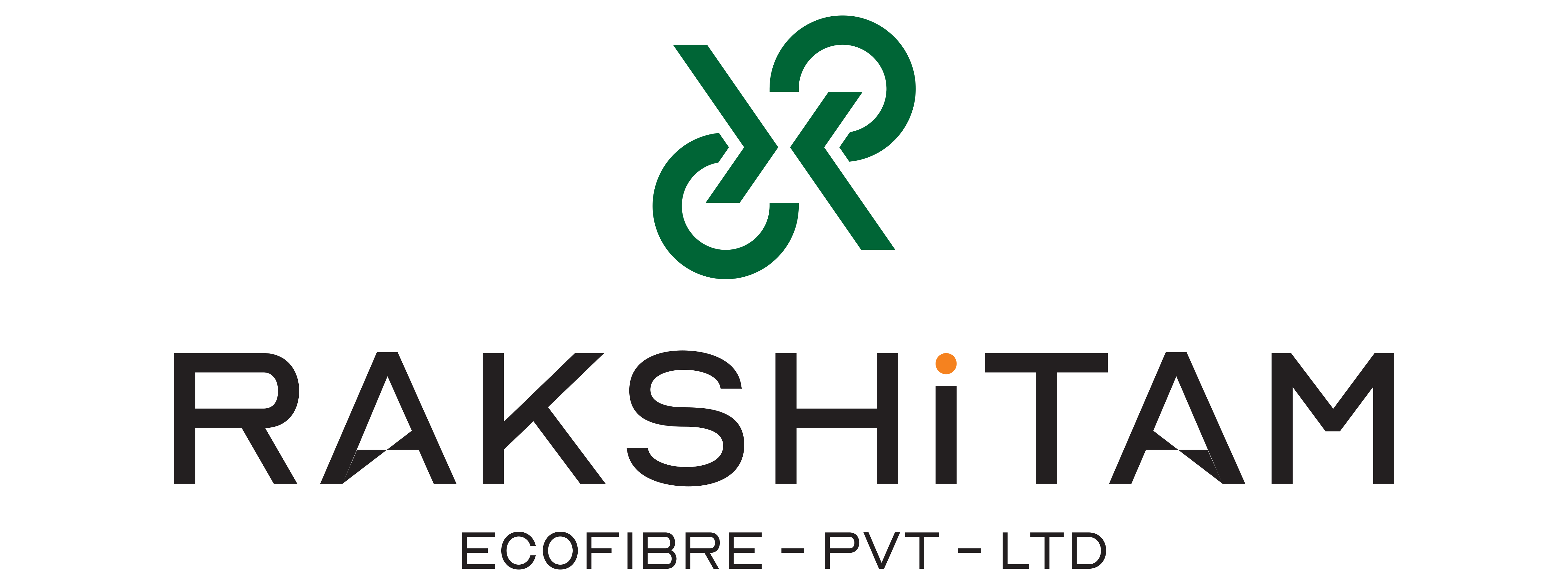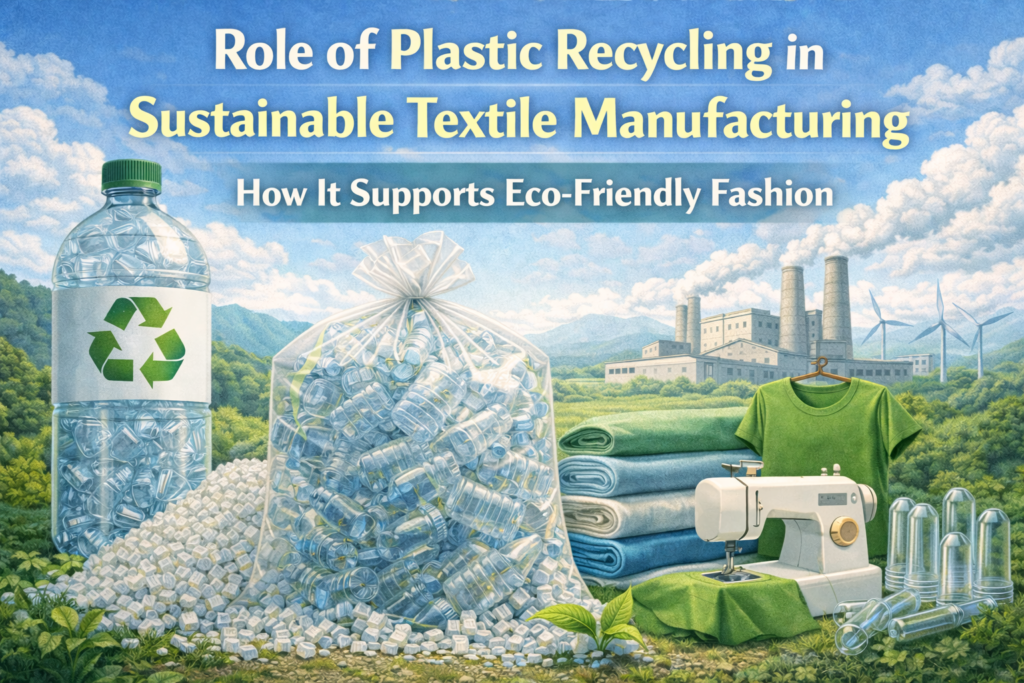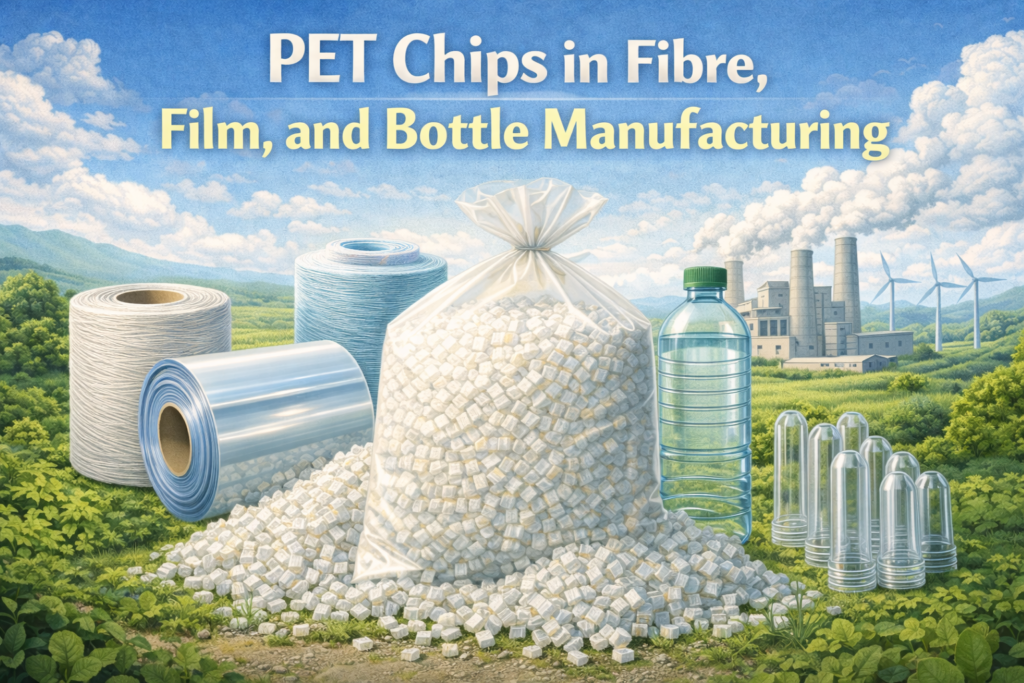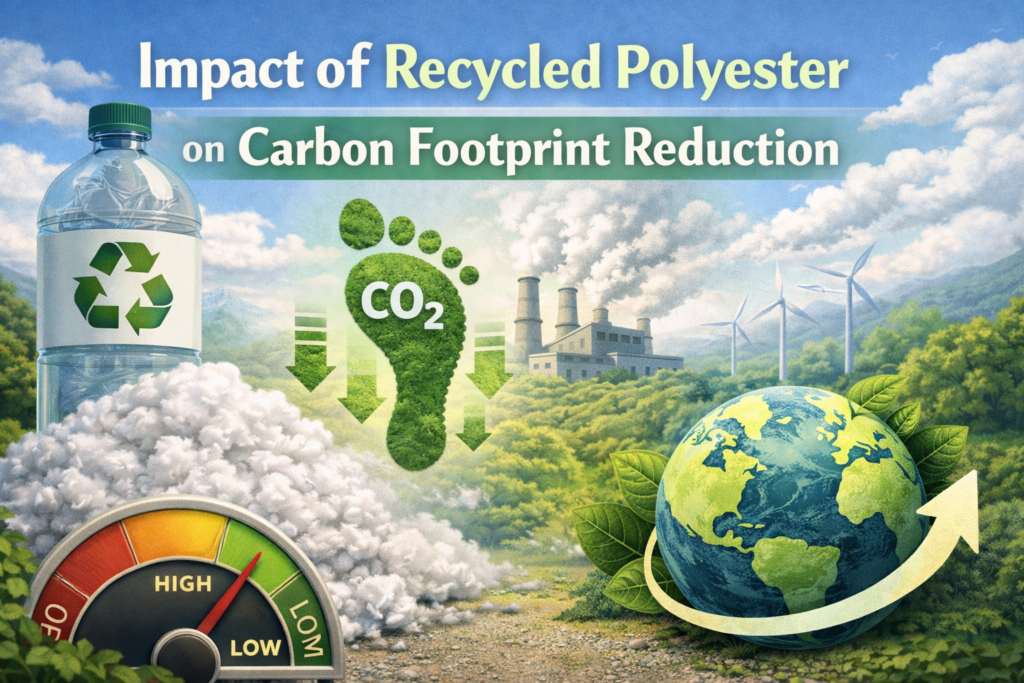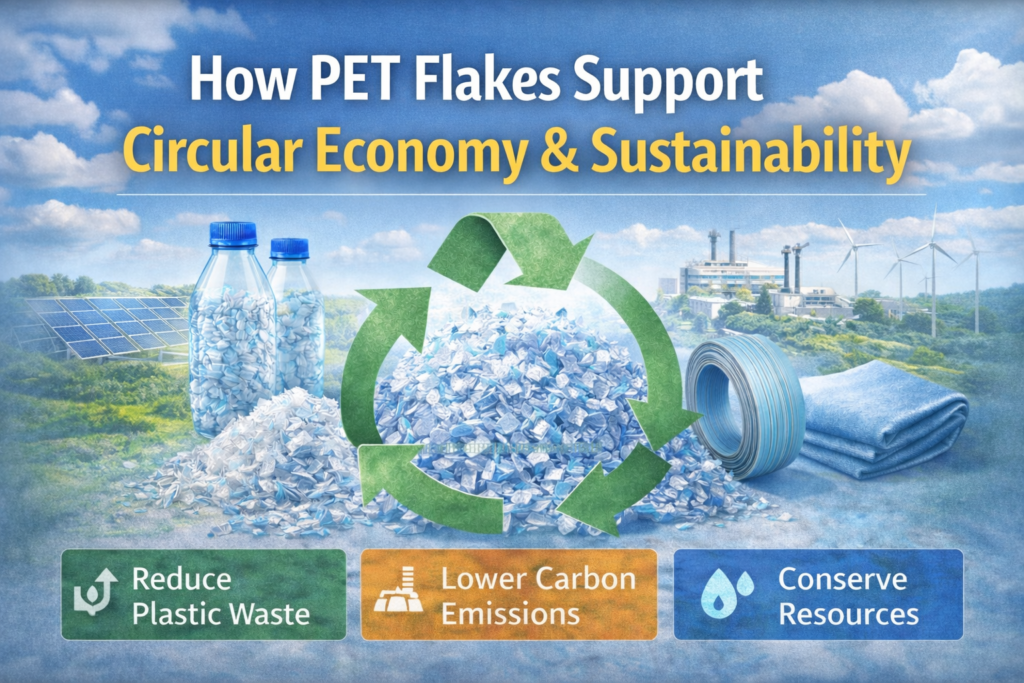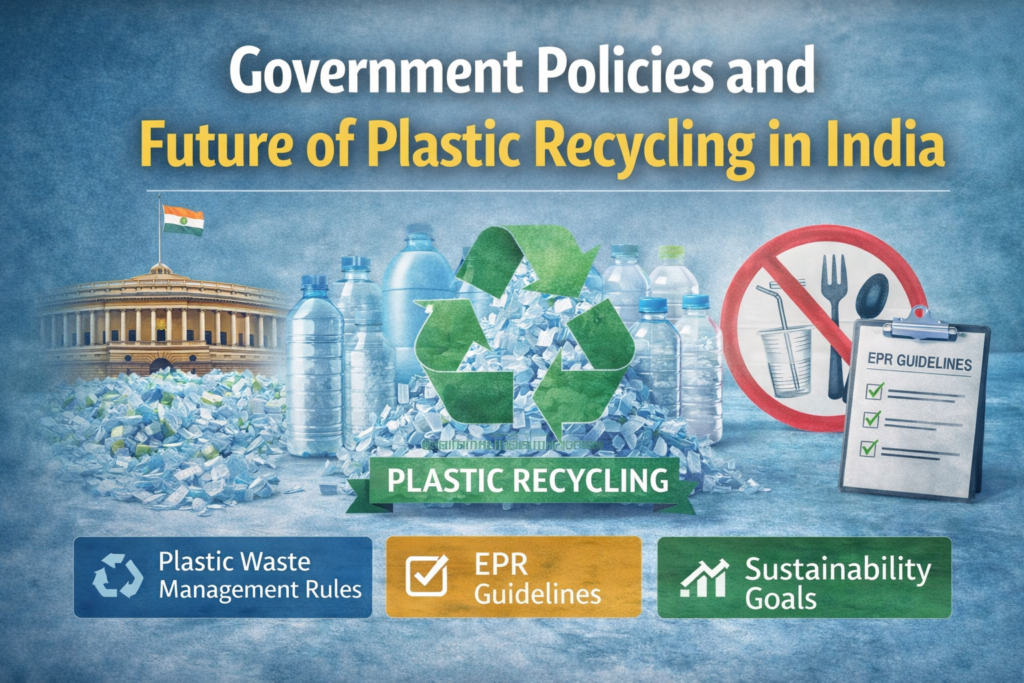Recycling has emerged as a holistic response to the environmental onslaught spawned by rapid urbanization, industrialization, and population growth. In India, which is experiencing all these factors in an intensity that rivals most other places on earth, recycling represents both a need and a significant opportunity. The future of recycling in India will continue to grow with the awareness of sustainability.
It discusses trends in the future of recycling and shows what India can expect in the coming years with all the focus on development in technology, policy, and consumer behavior that is forming the industry.
1. Emphasis on Circular Economy Models
A circular economy is a system designed to reduce waste and the generation of by-products by reusing, repairing, and recycling materials. Over the next few years, India is expected to be more circular and reduce its dependence on virgin resources as much as possible and also increase the country’s efficiency in managing waste.
Focus on recyclable product design: The packaging, textiles, and electronics sectors are going to focus more on designing recyclable products. Companies will look for partner recycling facilities that will help in the recovery of materials like plastics and metals and glass. Examples may include reusable packaging systems for FMCGs or modular designs for electronics.
2. Recycling Technologies
The innovations that will be seen are significant innovations in the recycling technologies themselves.
Technological innovation is going to revolutionize the concept of recycling in India. Advanced technologies like AI-driven sorting systems, robotics, and chemical recycling are going to make recycling more efficient and cost-effective.
AI and Machine Learning: The AI and machine learning technology will work to improve waste sorting as it can identify and segregate materials with high precision, hence reducing contamination and increasing the quality of recycled products.
Chemical recycling: Even though mechanical recycling degrades materials such as plastic into smaller pieces so that they can be recycled as raw material in less quality material, chemical recycling degrades these materials again into their molecular compositions, so the re-use of materials can take place as good-quality raw material. Such technology applied may well speed up the recycling rate of complex or contaminated plastics.
Blockchain for Transparency: Blockchain will have relevance for tracking each step taken in the recycling process, making waste management systems transparent as well as motivating parties involved to take accountability.
3. Development of Extended Producer Responsibility (EPR)
Extended Producer Responsibility is part of the policy approach that makes the producers accountable for the whole lifecycle of their products, including post-consumer waste. EPR-related regulations for plastics and e-waste have already been implemented in India, and strict enforcement of the same will be anticipated going forward.
Producers will invest highly into better collection systems, recycling infrastructure, and public awareness initiatives to respond to EPR regulations. This is likely to enable companies to design their products sustainably and interact with certified recyclers so the material can be recovered with maximum efficiency.
4. Growing integration of the informal sector
The informal waste management sector is important in recycling because many millions of waste pickers collect and sort materials. Future trends indicate more integration of this sector into the formal recycling systems.
The governments and private companies would invest in training programs, provide protective equipment, and assure the person of hiring a legal contract with waste pickers so as to assure them of fair wages and safe working conditions. This integration would mean that not only does it improve recycling efficiency but also brings social and economic value to vulnerable communities.
5. Plastic Recycling Innovations
Plastic waste continues to be one of the largest environmental issues that India is still facing today. Plastics of the future would focus on increasingly more innovative ideas, including the following:
Bioplastics and Compostable Alternatives: Though recycling will remain on the table, reductions in plastic production itself will come into the picture. Biodegradable plastics and compostable materials begin to be used as alternatives so that the use of the traditional plastics will be reduced.
High-tech PET Recycling: Already one of the most efficient PET recyclers globally, food-grade rPETs will seal the recycling loop tighter than ever.
Plastic Roads: The “plastic in roads momentum” is growing and so will the reach of this trend in the states.
6. Digital Platforms for Waste Management
Needless to say, the emerging digital solutions will certainly have a significant influence on India’s future of waste collection and recycling. Mobile applications and online platforms will connect households, businesses, and recyclers to streamline the recycling process. For instance, individuals will be able to schedule waste pickups, track recycling rates or claim rewards for recycling by using apps.
Such platforms would also enable connectivity with trusted recycling partners and monitor progress toward sustainability goals, ensuring a more connected and transparent ecosystem.
7. Policy for Change
The Indian government has been actively taking steps to upscale recycling and the effective management of waste. The policies will be implemented more strictly in the near future, and new incentives include:
Almost certainly, stricter recycling targets for companies would spur innovation and infrastructure investment in recycling. Gains of tax benefits for eco-friendly practice among other eco-friendly practices such as using recycled materials or zero-waste operations would be encouraged.
Bans on Single-Use Plastics: Bans on single-use plastics are already in existence in certain geographies; strict implementation along with an extension of these bans will continue to decrease the plastic waste.
8. Behavioral Change Among Consumers
The success of recycling will be ensured through consumer participation. Rising awareness among people about sustainability will ensure that people begin changing their behavior and treating themselves with care to segregate, use reusable products, and encourage brands that follow recycling procedures.
Education campaigns by governments, NGOs, and businesses, as the flagship activity toward changing consumer minds and encourage responsible disposal.
9. Increased Private Sector Participation
Private companies will have a bigger role in recycling. Some of the expectations from the private sector are investment in infrastructure, innovative recycling initiatives, etc. It is expected to form partnerships between companies, the recycler, and governments that create scalable and effective recycling solutions.
Conclusion
Much promising and potential work is still on the horizons of India regarding recycling. With each new development in technology, change in policy, and growing public awareness, the recycling industry is envisioned to be more productive, expansive, and impactful. India can work out its waste issue while developing a good source of business and creating a sustainable future.
From individual citizens to business houses and the government, each of them needs to step through this transformative journey towards sustainability through recycling. India together can redefine waste, transform challenges into opportunities, and set global examples in innovative recycling practices.
